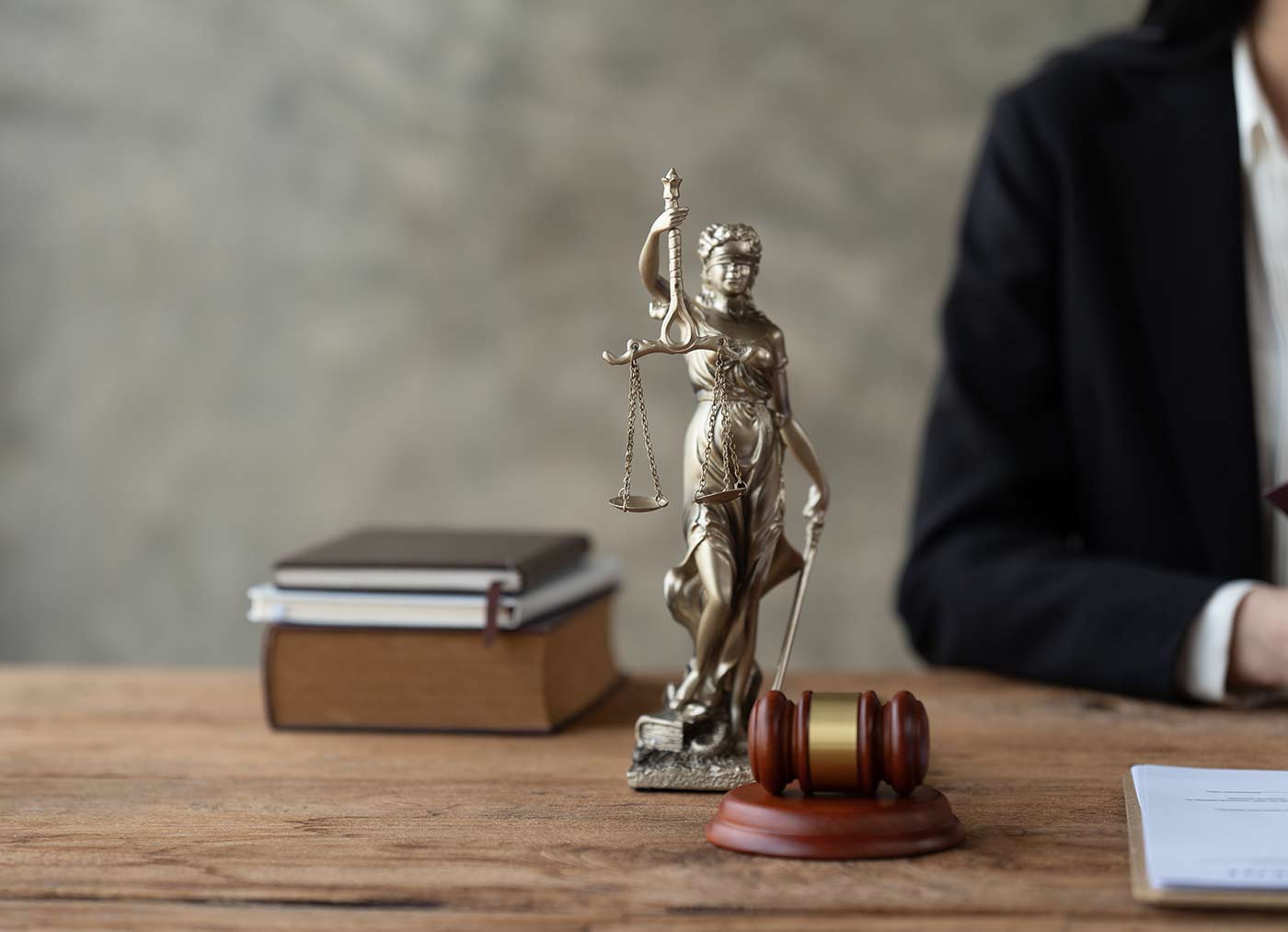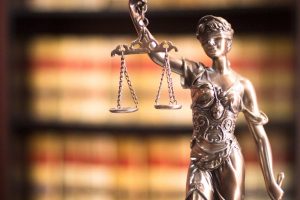Public perception can wield a substantial influence on criminal defense cases, creating a complex interplay between legal proceedings and societal attitudes. The court of public opinion, often shaped by media coverage and community discussions, can significantly impact the trajectory of a case, posing challenges for defense attorneys and individuals facing criminal charges. Here’s an exploration of the impact of public perception on criminal defense cases and the nuances involved.
1. Presumption of Guilt or Innocence
Public perception can sway towards a presumption of guilt, especially in high-profile or sensationalized cases. Individuals accused of a crime may find themselves battling not only legal charges but also preconceived notions held by the public. Conversely, a positive public perception can contribute to a presumption of innocence, which may work in favor of the defense.
2. Media Influence and Sensationalism
The media plays a pivotal role in shaping public opinion. Sensationalized reporting, biased narratives, and selective presentation of facts can influence how the public views a criminal case. Defense attorneys must contend with media dynamics that may not always align with the principles of impartiality and fairness.
3. Impact on Witness Cooperation
Public perception can affect witness cooperation. Witnesses may be hesitant to come forward or testify if they fear public backlash or intimidation. This reluctance can complicate the defense’s ability to gather comprehensive and reliable evidence.
4. Jury Selection Challenges
During jury selection, defense attorneys face the task of identifying and addressing potential biases among prospective jurors. Public perceptions, often shaped by media coverage, can create challenges in selecting an impartial jury. Ensuring a fair trial becomes paramount when dealing with a jury influenced by external factors.
5. Social Media Dynamics
The advent of social media amplifies the impact of public perception. Online discussions, comments, and debates can influence attitudes and potentially prejudice individuals involved in the case. Defense teams must navigate the online landscape to mitigate the effects of pervasive commentary.
6. Pressure on Legal Professionals
Public sentiment may extend to legal professionals involved in the case, including prosecutors and judges. The desire to align with or respond to public opinion can introduce external pressures that may impact legal decisions, sentencing recommendations, or judicial rulings.
7. Impact on Legal Strategy
Defense attorneys may need to adjust their legal strategies based on public perception. Crafting a narrative that addresses misconceptions, countering negative portrayals in the media, and humanizing the accused can become essential components of the defense’s approach.
8. Plea Bargaining Dynamics
Public sentiment may influence the prosecution’s willingness to negotiate plea deals. In cases where public opinion strongly leans against the accused, prosecutors may be less inclined to offer favorable plea agreements, potentially pushing the case towards a trial.
9. Emotional Context in Court
Public perception often involves emotional responses to the alleged crime. In the courtroom, defense attorneys may find themselves addressing emotional aspects of the case, aiming to humanize the accused and counteract negative emotions that could influence the jury.
10. Long-Term Consequences
The impact of public perception extends beyond the trial. Even after a verdict is reached, individuals may face ongoing challenges in their personal and professional lives due to lingering public perceptions. Acquittal does not always lead to complete vindication in the eyes of the public.
Balancing the principles of a fair trial with the influence of public opinion remains a central challenge in criminal defense cases. Defense attorneys navigate these complexities, striving to ensure that legal proceedings are conducted impartially and that individuals receive a fair and unbiased evaluation of their case within the justice system.



